13 Best Practices For Ship’s Junior Engineers On Their First Voyage
With the increasing competitiveness of the job market for junior marine engineers, the importance of cadet-ship cannot be understated. Senior engineers have their own individual responsibilities on board, and barring a few exceptional ones, don’t take out time to “train” a cadet.
However, it is imperative for an engine cadet/junior engineer to make efforts and learn the procedures for operating/overhauling equipment and understand engine room watch-keeping in order to become a responsible and competent officer, ensuring safe operation of the ship as well as personal and crew safety.
This article elaborates some of the best practices which a cadet can employ to maximise the learning potential on his/her first voyage.
1. Know the location of important valves and direction of pipelines: Almost every cadet is tasked with “tracing pipelines”in the first week onboard. As a cadet works in an assisting capacity, he/she is required to know the position of valves and pipelines. Equipment such as pumps, filters, heat exchangers need to be isolated before commencing work. This is done by closing inlet and outlet valves, draining and, where applicable, venting. An effective and quick way of tracing valves and lines is to keep a copy of the line diagram of the system and physically locate the valves in the engine room.
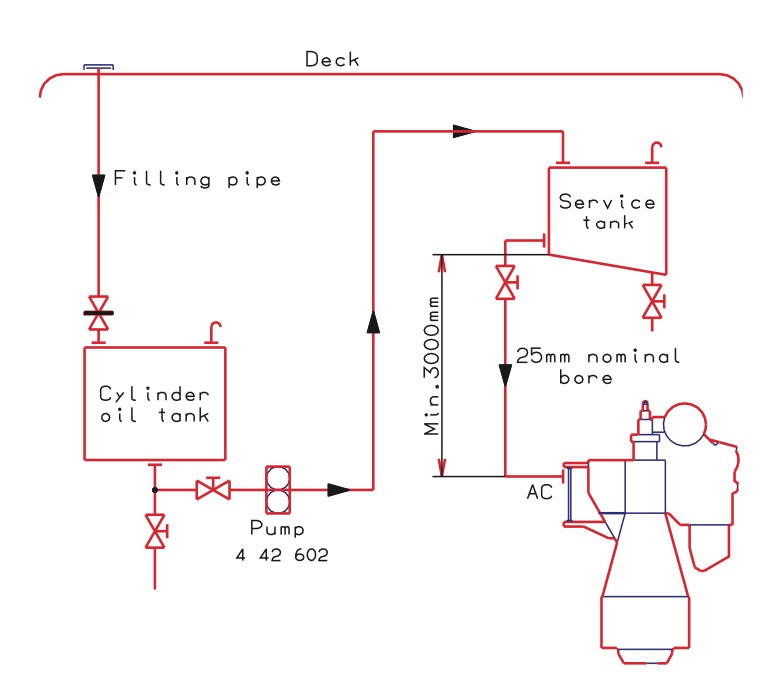
2. Taking early responsibility: A cadet can prove to be an asset if he/she starts taking up minor responsibilities from the engineers. Pumping bilges from the port, starboard and aft bilge wells to the bilge holding tank is a simple operation which can be taken up by the cadet or junior engineer. Bilges are waste water emanating from machinery spaces and these get drained into port and starboard bilge wells, from where, they need to be periodically transferred to a larger bilge holding tank. If this is done on a daily basis during working hours, bilge high alarms at night can be avoided. Other responsibilities could be topping up cylinder lube oil daily tank from the cylinder lube oil storage tank, starting and stopping of the freshwater generator, draining the fuel oil service and settling tank of settled accumulated water, and draining the air bottles of settled water and checking and topping up lube oil in generators and compressors to prevent alarms. These are essentially practices of good watch-keeping – a trait much desired for an engineer. (Of course the junior engineer needs to ask prior permission from the engineer in-charge before performing any operation and report back once it is finished.)
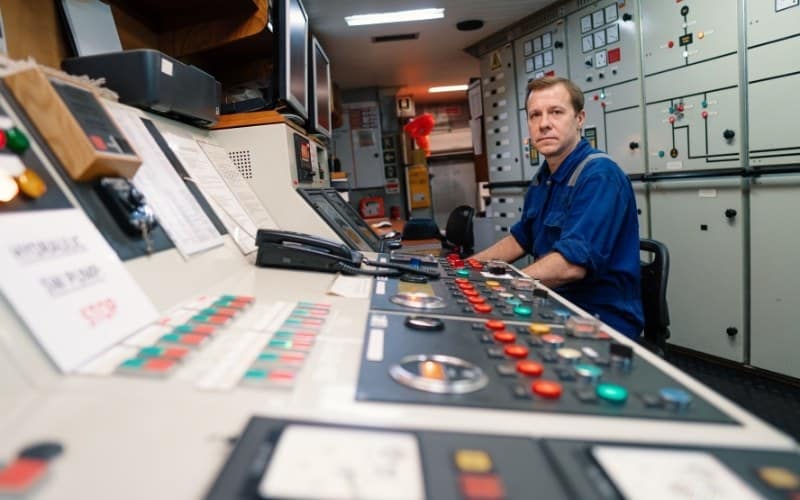
3. Learning 4th Engineer Duties and Responsibilities: Timely operation of the purifiers – starting and stopping, boiler water samples collection and testing, bunkering procedures, testing fuel and lube oil for water contamination on a weekly basis are some of the responsibilities of a fourth engineer. A cadet would give a positive impression on seniors if he or she learns these simple operations and display readiness to step into the shoes of a fourth engineer. Learning the causes of alarms and their rectification measures is also recommended.
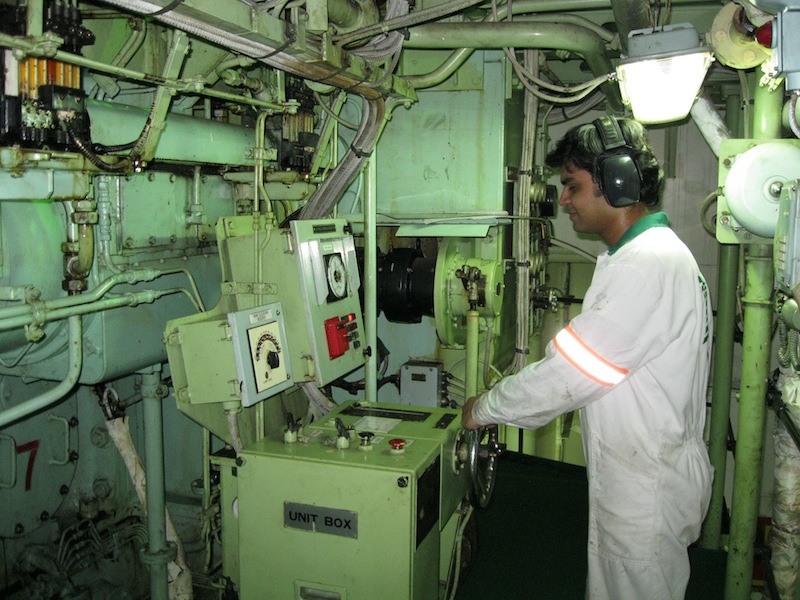
4. Observing good housekeeping practises: Maintaining a clean workplace is essential, not just from the cleanliness point of view but also because it helps in the early detection of leakages. A clean engine room makes it easier to detect new leaks. The purifier room is one such place where a leakage could occur and it is important that a leaking valve is detected early in order to prevent a massive clean-up job. Oil on the floor could also lead to slips, trips and falls. Needless to say, cleaning up after a job is just as important as performing the job itself.
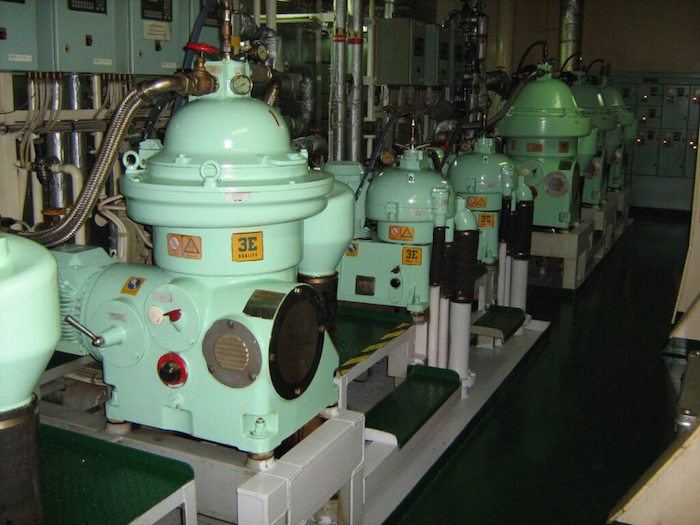
5. Proactively participating in drills: Drills on ship are aimed at preparing personnel onboard for emergencies and to avoid confusion and hesitations in critical times. Every person employed onboard has a role detailed in case of drills; for a cadet these maybe assisting in gearing up the fire party in case of a fire drill, bringing SOPEP equipment in case of an Oil spill drill etc. A drill involves participation from all the personnel onboard, and therefore is a good opportunity to showcase leadership and teamwork skills.
6. Learning from Ratings: Engine room ratings, most of them by virtue of their vast experience at sea, are very familiar with engine room work. For example, a motorman/oiler would have cleaned sea chests for much longer than say a fourth or a third engineer. They would be more proficient at such jobs and well aware of the safety precautions to be exercised. A good junior engineer learns from their experiences. Experienced ratings can also prove to be very useful in main engine or generator overhauls where heavy equipment requires lifting and careful balancing.
7. Preparedness for the next day’s job: A good work leader (second engineer) plans overhauling jobs at least a day in advance, which is a good opportunity for a cadet to read through the manual to understand how the overhauling is to be carried out. Keeping a note of numbers, such as the pressure to which a particular bolt is to be tightened, aids the engineers by saving their time to re-check the manual for such details. Also pre-reading would help the cadet to better understand why a particular task is done. A good way to impress superiors is to prepare the work-job analysis/permit before the engineers have arrived; this saves considerable time.
8. Diligently performing engine room rounds: Engine room watch keeping rounds are taken about thrice a day for a modern UMS ship. With larger engine rooms, these rounds take longer time, with more parameters to be recorded and checks to be performed. However, checks should not be neglected, as efficient rounds and good watch-keeping practices prevent abnormal alarms at night. Engine room rounds also form the basis of a work-plan as faults are observed during these careful rounds. Level of lube oil in air compressors, generators, back-flush counters for automatic filters, generator and main engine scavenge and exhaust temperatures, fuel oil, lube oil and jacket cooling water temperatures and pressures, bearing temperatures, engine RPM and KW are all important parameters which must be noted and recorded in the log book. Soundings of important tanks may also have to be recorded on a daily basis.
9. Manoeuvring: Although engineers are not responsible for the manoeuvring process (this being done by the pilot, captain and chief officer on the bridge and deck officers located forward and aft of the ship), manoeuvring involves sudden changes in speed of the engine which alters an important parameter of the engine – the cooling water temperature. Although automatic control exists, changes are sudden and too high to be corrected by automatic pneumatically controlled valve alone. Unchecked high and low temperatures may cause thermal stresses, adversely affecting the engine liner. Therefore manoeuvring requires the presence of the chief engineer, a duty engineer and the cadet. It’s important for a cadet to quickly learn the manoeuvring procedures as it allows to prove his or her reliability. Starting the engine requires:
- Steering gear test
- Telegraph test
- Disengaging the turning gear
- Venting the control air for Main Starting Air Valve
- Opening the Main Air Starting Valve
- Opening the distributor valve
- Blow-through of the Engine
- Closing indicator cocks and turbocharger drains.
Also arrival and departure checks need to be completed and signed by the duty engineer.
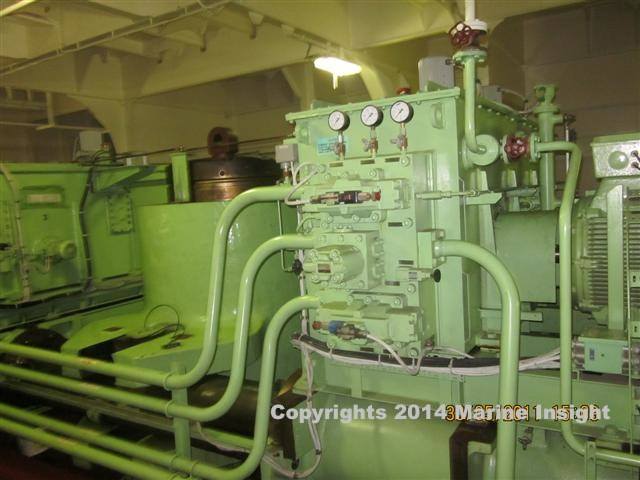
10. Bunkering: Bunkering is one of the most critical operations on-board as it involves the transfer of oil. The chief engineer and fourth engineer are actively involved in the bunkering process. As it is a future domain of responsibility of the fourth engineer, it is an important area of learning for the junior engineers. The tasks involve testing the bunker hose (once in 6 months), testing the bunker hose crane, requesting the deck hands to plug the deck scuppers, planning the tanks where the incoming fuel would be stored, testing the high level alarm for these tanks, lining up the necessary valves, taking soundings of all tanks on the barge from where the oil is being supplied, (adjusted with trim calculations). Vigilance is required to be exercised at all time to guard against malpractices from the supplier. Sampling of the fuel during the transfer process and regular soundings/ullages are to be recorded. The amount claimed to be delivered must be closely checked with the amount received onboard, before signing the bunker delivery note.
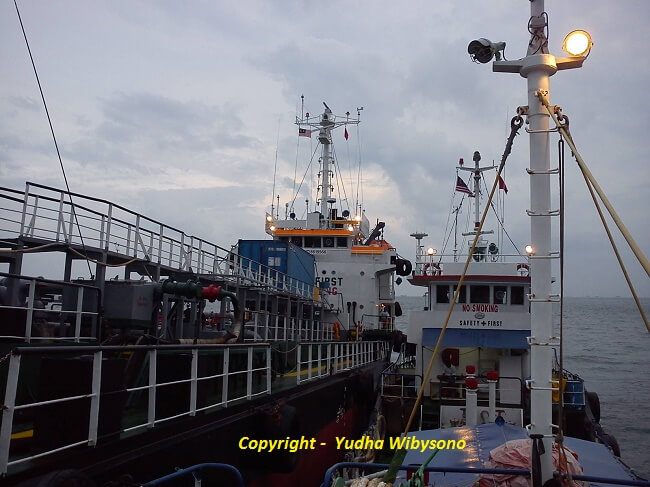
11. Maintaining camaraderie and fostering good working relationships: One of the key differences between working onboard and on-shore is that onboard, one live with colleagues as well. In most cases crew members are from different nationalities, particularly South Asian and European. It is important to respect cultural differences and of course, making friends goes a long way, in escaping the monotony of sea life! It’s easier to gel if you try to learn a few words from their language and show an interest in their culture and way of life. It’s also a good practise to wish colleagues and complement the cook on a dish well made.
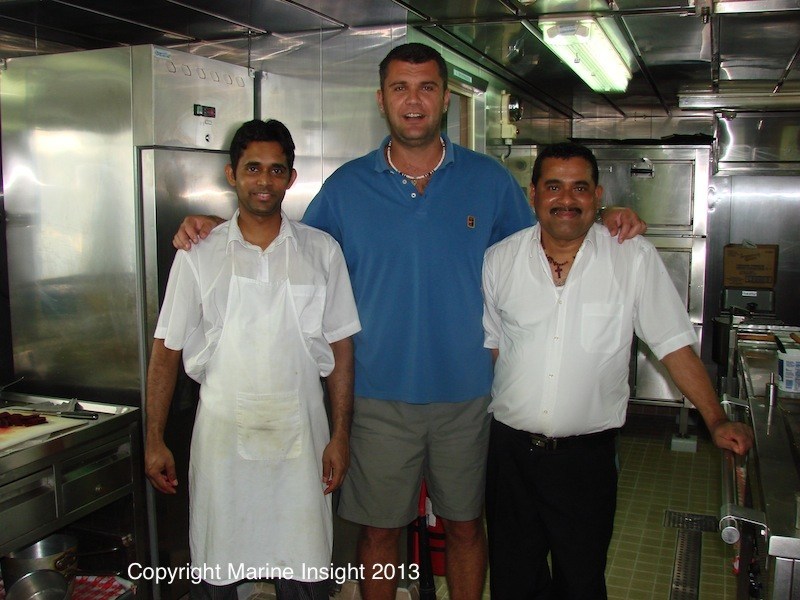
12. Maintaining discipline and punctuality: Doing simple things like arriving 10 minutes before time and being ready in boiler suit and safety shoes, filling up the log book neatly and maintaining a clean cabin can earn you positive appraisals and boost your confidence.
13. Humility and truthfulness: Most importantly, a cadet/junior engineer must always be humble and admit something which he or she doesn’t know. False confidence is the first in the chain of events leading to an unfortunate event. As a cadet, it is not expected that you know how a particularly machinery works or its overhaul, but you are expected to be truthful, humble and be willing to learn. Cadetship days are the most memorable for any officer; the first voyage is always special. So it’s important to make the most of the valuable opportunity!
Over to you..
What according to you is the most important thing junior engineers/cadets must be aware of on their first voyage and what should they do?
Let’s know in the comments below.
You may also like to read:
What is Maritime English and Why It Is Important?
Disclaimer :
The information contained in this website is for general information purposes only. While we endeavour to keep the information up to date and correct, we make no representations or warranties of any kind, express or implied, about the completeness, accuracy, reliability, suitability or availability with respect to the website or the information, products, services, or related graphics contained on the website for any purpose. Any reliance you place on such information is therefore strictly at your own risk.
In no event will we be liable for any loss or damage including without limitation, indirect or consequential loss or damage, or any loss or damage whatsoever arising from loss of data or profits arising out of, or in connection with, the use of this website.
Do you have info to share with us ? Suggest a correction
Disclaimer :
The information contained in this website is for general information purposes only. While we endeavour to keep the information up to date and correct, we make no representations or warranties of any kind, express or implied, about the completeness, accuracy, reliability, suitability or availability with respect to the website or the information, products, services, or related graphics contained on the website for any purpose. Any reliance you place on such information is therefore strictly at your own risk.
In no event will we be liable for any loss or damage including without limitation, indirect or consequential loss or damage, or any loss or damage whatsoever arising from loss of data or profits arising out of, or in connection with, the use of this website.
Related Posts
Subscribe To Our Newsletters
By subscribing, you agree to our Privacy Policy and may receive occasional deal communications; you can unsubscribe anytime.




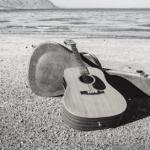





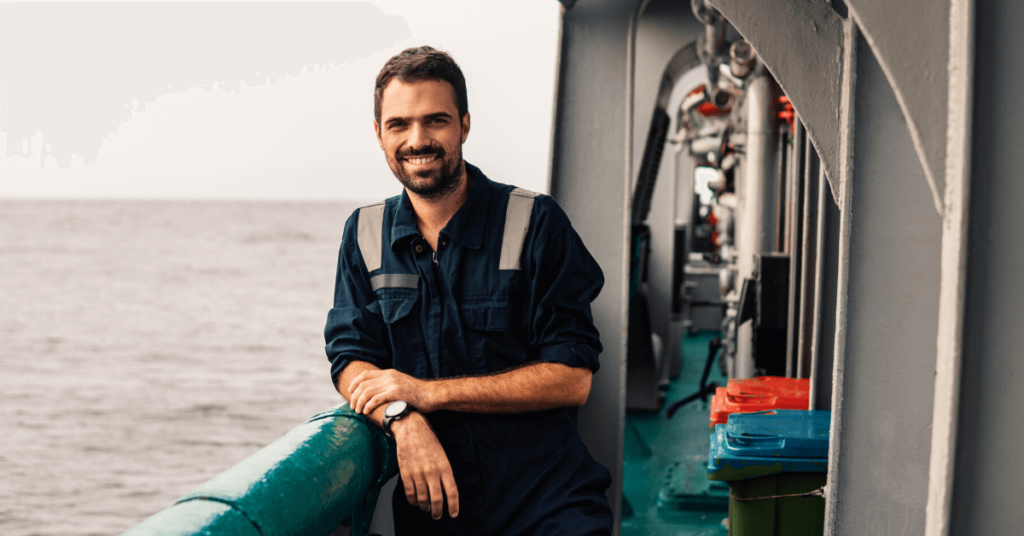



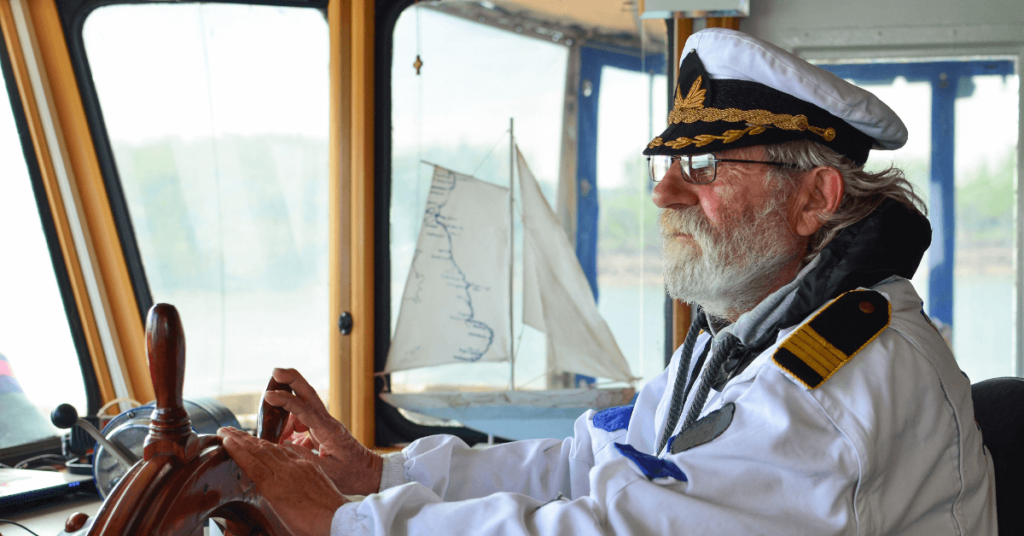

way to go buddy…gud post…
It is only God who will recompense you guys for these acts, not man. May the good Lord of all comfort and mercy continually keep and bear you guys up through Christ Jesus, the Lord. amen!
Nice article Bhavesh! Very interesting for me. Is 27 too old to be applying for an engineering cadetship?
Hey Bhavesh..i would also be going for my internship this March(2016) with Maersk Line.Any tips or suggestion that you would like to give me? Also i would like to know your first experience on board.
Please contact on my given email id.
Manu Mangal
you have given us helpful advice and thank you for that. i have a question for you, have you ever met an Ethiopian engine cadet onboard ship you have worked and if you say yes how do you evaluate their experience and behaviour? waiting your answer in my email address dagnesintayehu1@gmail.com
I am diploma cross
Brach mechanical enginear
Pass out 2016
I am faresar
My mb no 9065067147 Plz sir call me
Good jobs sir
Tracing the bilge system and then being responsible for it
As a T.M.E. I found it very interesting to read the following points and they explained in good manner, as a 5th engineer what jobs you have to perform onboard. And this things will be very useful for my 1st voyage…